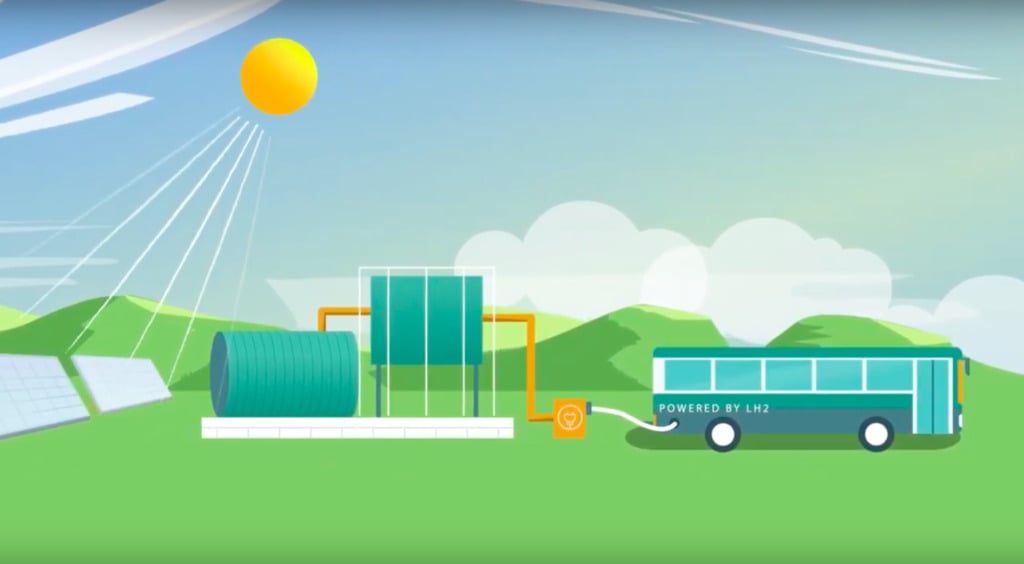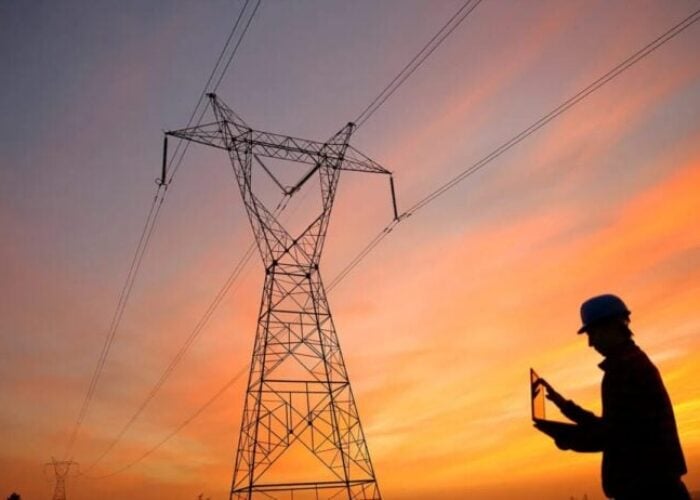
Despite green hydrogen’s potential for decarbonising numerous hard to abate sectors, challenges around system integration, government support and project scale must be addressed with urgency.
That is the view of renewable energy investor Smartenergy, which began working in green hydrogen in 2019 in a bid to take advantage of the key market dynamics it saw developing as the European Union in particular began to target alternatives for clean gas.
Unlock unlimited access for 12 whole months of distinctive global analysis
Photovoltaics International is now included.
- Regular insight and analysis of the industry’s biggest developments
- In-depth interviews with the industry’s leading figures
- Unlimited digital access to the PV Tech Power journal catalogue
- Unlimited digital access to the Photovoltaics International journal catalogue
- Access to more than 1,000 technical papers
- Discounts on Solar Media’s portfolio of events, in-person and virtual
Speaking to PV Tech, Christian Pho Duc, managing director of H2 Projects at Smartenergy, said there are a number of key considerations when targeting green hydrogen projects. When it comes to the technology, the electrolysers themselves are fairly well-established, but the requisite scale to reach production cost targets of below US$2 per kilogram has not yet been reached.
“The challenge is to make it happen at a much larger scale than done ever before, and integrating it in an intelligent way with intermittent renewable energy sources.
“This requires a much larger scale of system intelligence and integration, also combining storage, logistics and transport into the whole technical solution setup.”
The company currently uses alkaline electrolyser technology as it has the highest degree of maturity, scale and cost competitiveness. But in the mid-term Smartenergy is considering polymer electrolyte membrane electrolysis, explained Pho Duc. “As it is essential in the future to increase efficiencies further – we keep a close eye on solid oxide technology for the future,” he added.
Around the world, projects are looking a combining a range of different renewable energy technologies with hydrogen, with the likes of Copenhagen Infrastructure Partners announcing a 1GW offshore wind powered green hydrogen plant, while in Orkney the European Marine Energy Centre is combing tidal energy and hydrogen production.
Smartenergy has been targeting solar however, with Pho Duc pointing to the dramatic drop in the cost of solar energy in recent years. There has been an 83% drop in the cost of solar in the past decade, and there is a further drop expected by 2025, making it an attractive power source for green hydrogen.
Cost is, however, just one part of the equation.
“Green Hydrogen projects have long lead times but at the investment decision point all factors need to be clarified along the value chain at the same time,” explained Pho Duc. “Currently, besides the technical topics of H2 generation, storage, transport and logistics, governmental support, with a determined scheme and all permitting and legislation, needs to be available.
“Simultaneously, financing and bankability for project finance remain challenges to be solved but, in this case, we can count on our experience on how to structure such projects to make them work.”
The challenges of financing are more acute off-grid he added, despite the great opportunity that green hydrogen can present for renewable energy storage.
To read more about green hydrogen, the challenges of system integration and key technologies enabling the growth of the sector, you can read Going H2: The challenges and benefits of integrating solar and hydrogen in our most recent issue of PV Tech Power.
PV Tech publisher Solar Media is also hosting the Green Hydrogen Summit in May this year. For more information on the event, including how to attend, click here.







